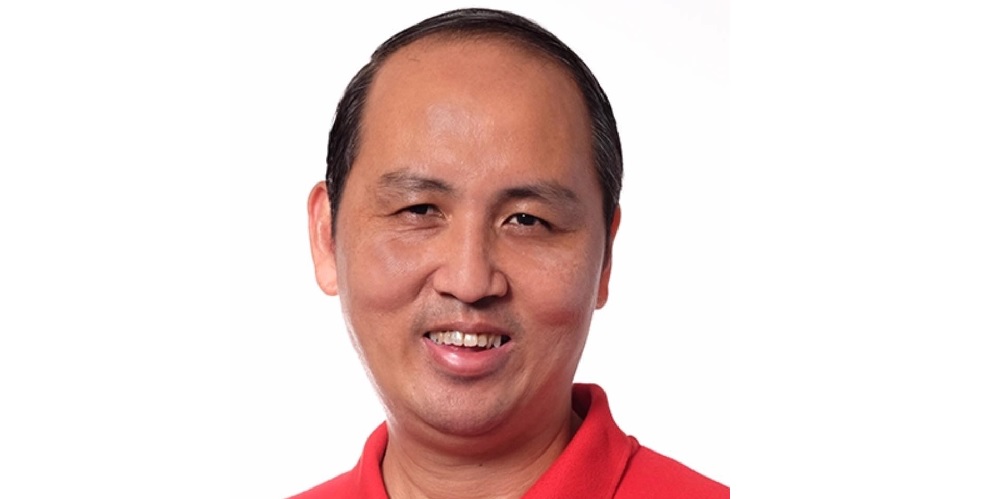Lee Song Kwang / Writer
 The Lee Kuan Yew School of Public Policy celebrated its 4th Anniversary with the 4th Public Lecture series on Thursday. Education Minister Ng Eng Hen delivered the lecture titled, “Educating the next generation”. Chaired by the Dean of the school, Professor Kishore Mahbubani, the event attracted about 250 students and staff from the school and the National University of Singapore (NUS).
The Lee Kuan Yew School of Public Policy celebrated its 4th Anniversary with the 4th Public Lecture series on Thursday. Education Minister Ng Eng Hen delivered the lecture titled, “Educating the next generation”. Chaired by the Dean of the school, Professor Kishore Mahbubani, the event attracted about 250 students and staff from the school and the National University of Singapore (NUS).
In response to a question from a mother of two who questioned the emphasis on key performance indicators (KPIs) in schools, the minister agreed and said that the Singapore education system needed to move beyond academic results and to find a balance between “space and structure”. However, he said that there are no better ways to gauge a child’s level of competence other than the use of “tests” at the moment.
He pointed out that even ”the richest countries don’t always have the best education system”, citing the examples of Canada and Korea, where the systems are being questioned.
He then provided a global view of how Singapore developed its own methods with a report (The 2003 Trends of International Mathematics and Science Study) that showed Singapore rated ahead of Korea, Chinese Taipei and Japan in the average score, and where even the lower 25th percentile of local students scored better than the international average.
He noted that Singapore’s educational system did not evolve without the sound policies made by the Government during the early days. It inherited a diverse model with different standards and purpose in the 1960s. When the Primary School Leaving Examination (PSLE) started in 1960, there were four instructional languages instead of one – English — which we have now. Only 45% passed the first PSLE then, he said.
In the 1970s, the government decided to make English the language of instruction. Mr Ng gave examples of how other countries compared with Singapore — Sri Lanka, who left out English in the past; Malaysia, who adopted Malay; and East Timor, Portuguese. Singapore’s introduction of English into the school syllabus gave Singaporeans an advantage in the international arena, and the island became a bridge between the East and the West.
Singapore’s bilingual policy also provided another advantage for Singaporeans, especially those with three second languages which allow them to connect further with the rest of the world. In 1978, the “Goh Report”, helmed by former cabinet minister, Dr Goh Keng Swee, recommended grouping together students of the same learning ability. This was the basis of streaming for students, helping students learn better at their own pace.
The minister revealed that the Ministry of Education (MOE) hires one in eight graduates from our publicly-funded universities and from the top one third of every cohort. It is important for schools to be well-staffed with capable teachers to teach and lead the schools, he said.
Moving forward, Mr Ng noted that there will be greater expectations in future which are different from that of the previous generations. Thus there will be a need for better qualified teachers and principals.
In the question-and-answer session which followed his speech, an Irish student asked if the Government is over-focusing on grades such that it stifles the creative ability of our students. In reply, the minister used the recent opening ceremony of the Beijing Olympics as an example of an “Asian education culture”. Is there a way to measure creativity?, he asked. Creativity can be seen from different angles, he said. For example, a local might be able to ace his exams, but might not think on his feet as well as an American student. Mr Ng believed there must be some form of tradeoffs. However, he said that these might just be over-generalisations by people at the end of the day.
———–



